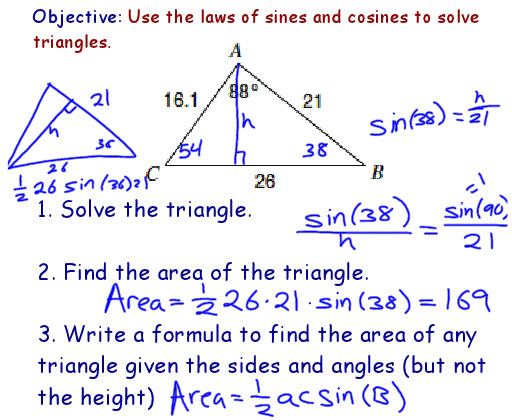Building Blocks Are Critical!
Building blocks necessaaryl! When I was in my early 20’s, I enrolled for a college calculus class. The class had a reputation for being a very difficult class with a horrible professor, but it was the best time for my schedule, so I enrolled. I knew others that had taken calculus and had done fine. I really thought I would do okay. It was a matter of only a few weeks into it, that I realized I wasn’t passing the class. I did something I’d never done before, I dropped the class.
I learned a good lesson at an early age. I believe I could have taken the class and done okay, but there was one important ingredient missing. When I had taken pre-calculus, I’d missed the classes on sine and cosine, (mathematics principles) due to illness. I tried to catch up and thought I understood it, but I didn’t understand it solidly. I think the professor knew that I needed a solid foundation or I wouldn’t succeed in calculus. He did me a favor by weeding me out early rather than late in the class.
I think that was the first time that I really realized the importance of foundational learning. Since then, I’ve come to believe there’s very little that you can’t understand if you clearly understand the building blocks that lead up to it. Here is an example:
Look at this sentence. Sally + the race.
Can you decipher what this means? Probably not, unless I tell you what the symbol + means. We get an idea that there’s a girl named Sally and that she does something in the race, but unless you know what + means, you have no idea what she’s doing. You might guess that she wins the race or maybe loses the race, but you don’t know for sure.
So when I look more closely at Sally, and see tear falling down her cheek, I don’t understand if it is a tear of sadness because she lost the race or joy because she won the race. If I knew what + means, I could maybe understand why she was crying.
So now let me tell you what + means. It means “quit.” Now that you know that, you can understand why Sally might be crying. Actually, Sally twisted her ankle and had to quit the race. Her tears were from frustration from having to quit the race she wanted so badly to run.
This is just a rough example of how important it is to understand all of the building blocks before we can clearly understand the concept.
I believe that most finite things can be understood if they are broken down in such a way that the foundational concepts are understood. It is our job as educators to break down hard concepts and be sure that the foundational concepts have been learned. Let me give an example. In chapter 2 of God, Should I Be Baptized?, we discuss why we should put our trust in Christ for salvation. If we don’t have the foundation from chapter 1, which describes the character of God as good, faithful and loving, (among other qualities) we won’t have the basis for trusting God. (why would you trust the God that is not good?) So it is important to review the foundational facts to be sure they are understood before we teach a subject.
Looking back in my life, I really didn’t need that calculus class. As it turns out, the lesson I learned about foundational teaching was far more important. Can you think of a time when you found it necessary to review building blocks or had trouble learning something new because you didn’t have the foundation? Will you share your comment below with us?

